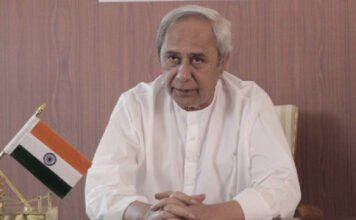New Delhi, March 14: Ahead of meetings to set the agenda for the next SAARC summit, Pakistan has decided to take it slow on an ambitious project to boost road connectivity in the subcontinent – showing yet again how issues between India and its neighbour continue to hold up the regional integration blueprint.
The motor vehicle pact aims to allow free movement of vehicles, both passenger and cargo, within member countries of SAARC (or South Asian Association for Regional Corporation).
However, both India and Pakistan have been taking turns to stall it at crucial junctures.
The SAARC nations – comprising India, Nepal, Bangladesh, Bhutan, Pakistan, Afghanistan, Maldives and Sri Lanka – will meet in Kathmandu from March 14 to chalk out plans for the upcoming summit in Islamabad.
The motor vehicle pact, however, will not be part of the agenda.
Pakistan had reportedly told India last month that it wanted the SAARC transport ministers’ postponed, so it could have some more time to consider it.
“The sixth meeting of the SAARC inter-governmental group of transport was scheduled for February 15-16 in Kathmandu. This was to be followed by the transport ministers’ meeting, and we had given our consent. But now, Pakistan has requested that the meeting be postponed. This will further delay the signing of the connectivity pact,” said the source.
Pakistan had earlier refused to sign the motor vehicle pact at a Kathmandu summit in November 2014.
Founded in 1985, the eight-member SAARC remains one of the least integrated groupings in the world. Less than 5% of the region’s global trade takes place among member countries, and barely 10% of the region’s commerce is conducted in the SAARC Free Trade Area. “As the forum works on the basis of consensus, Pakistan’s request for postponement will again hold back new initiatives of the grouping,” an official said.
With Pakistan delaying the motor vehicles pact, India had looked at boosting regional connectivity with its eastern neighbours – Nepal, Bhutan and Bangladesh – through a landmark agreement in June last year.
But the deal, which paves the way for free movement of passengers as well as cargo through the four countries, is yet to become operational because its protocol is being finalised by member countries.



























